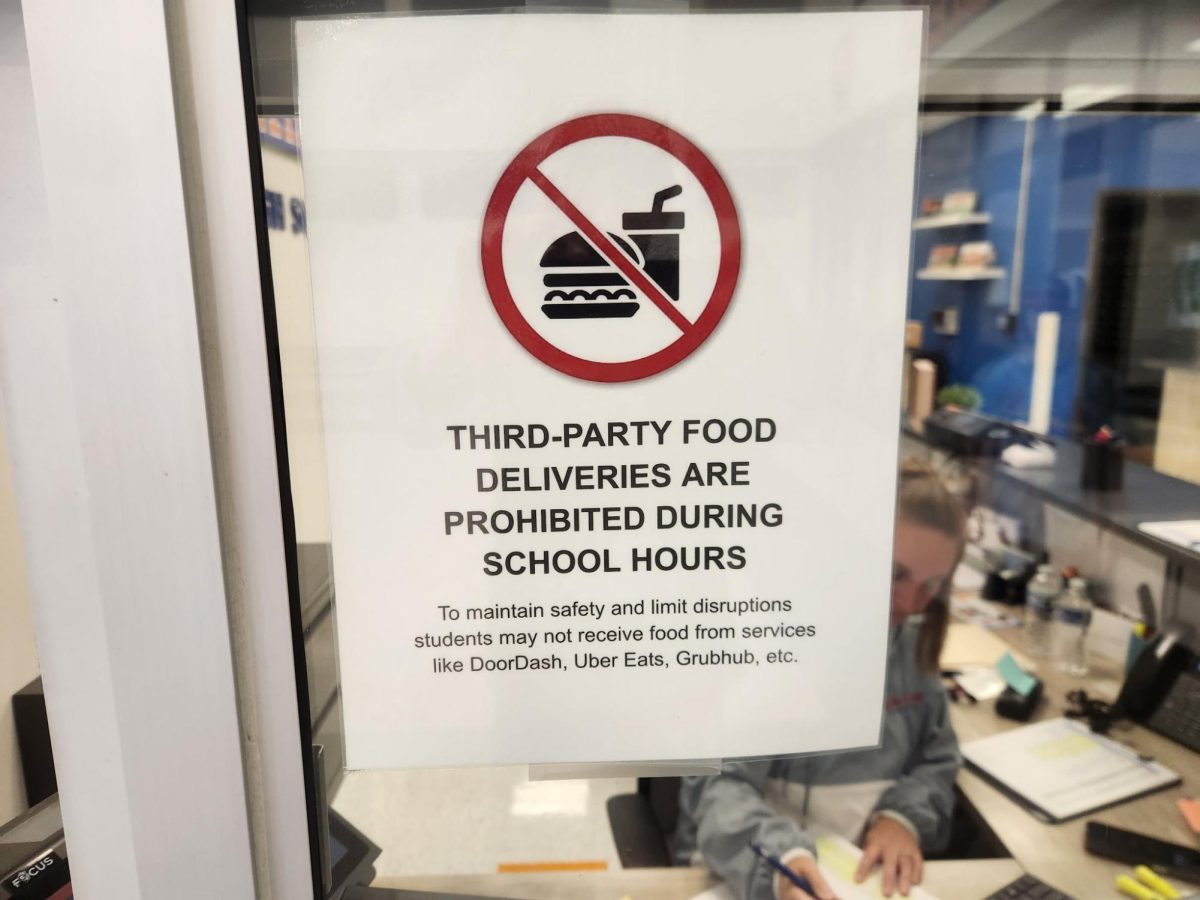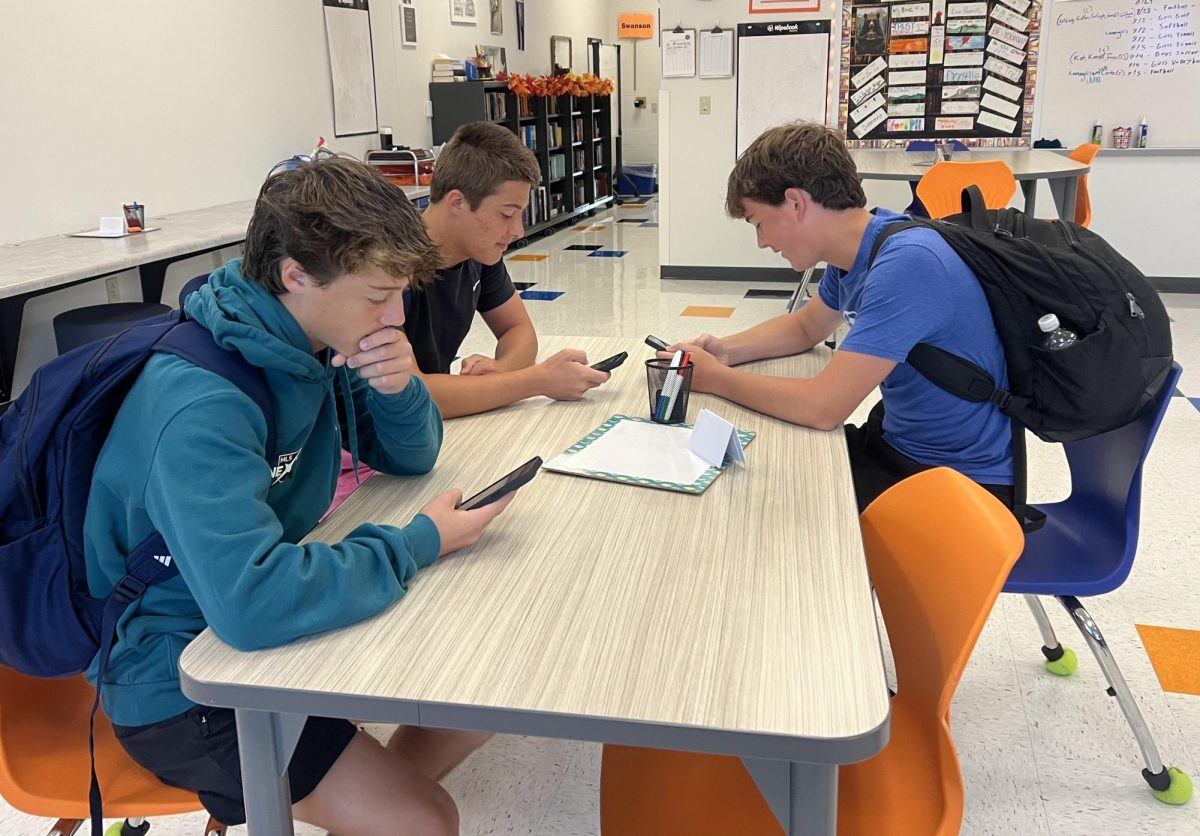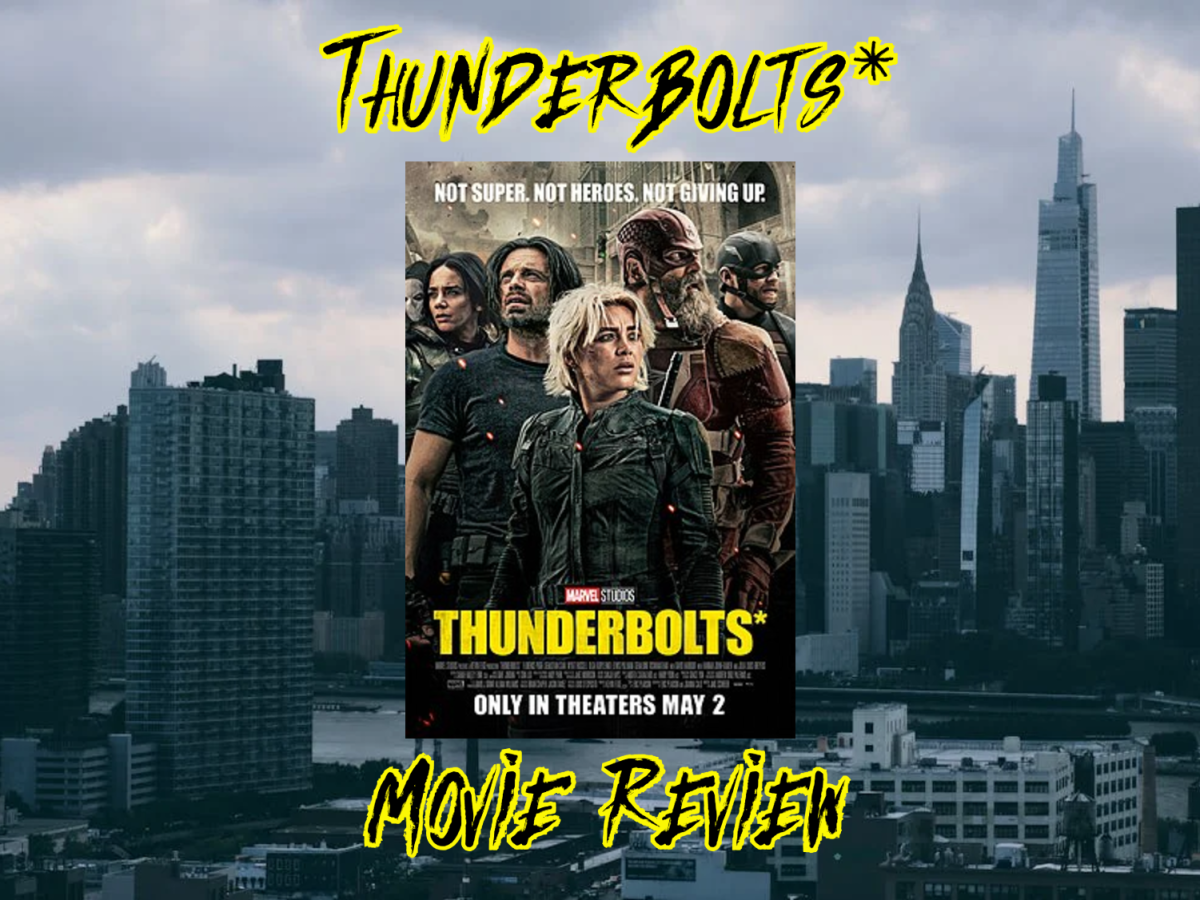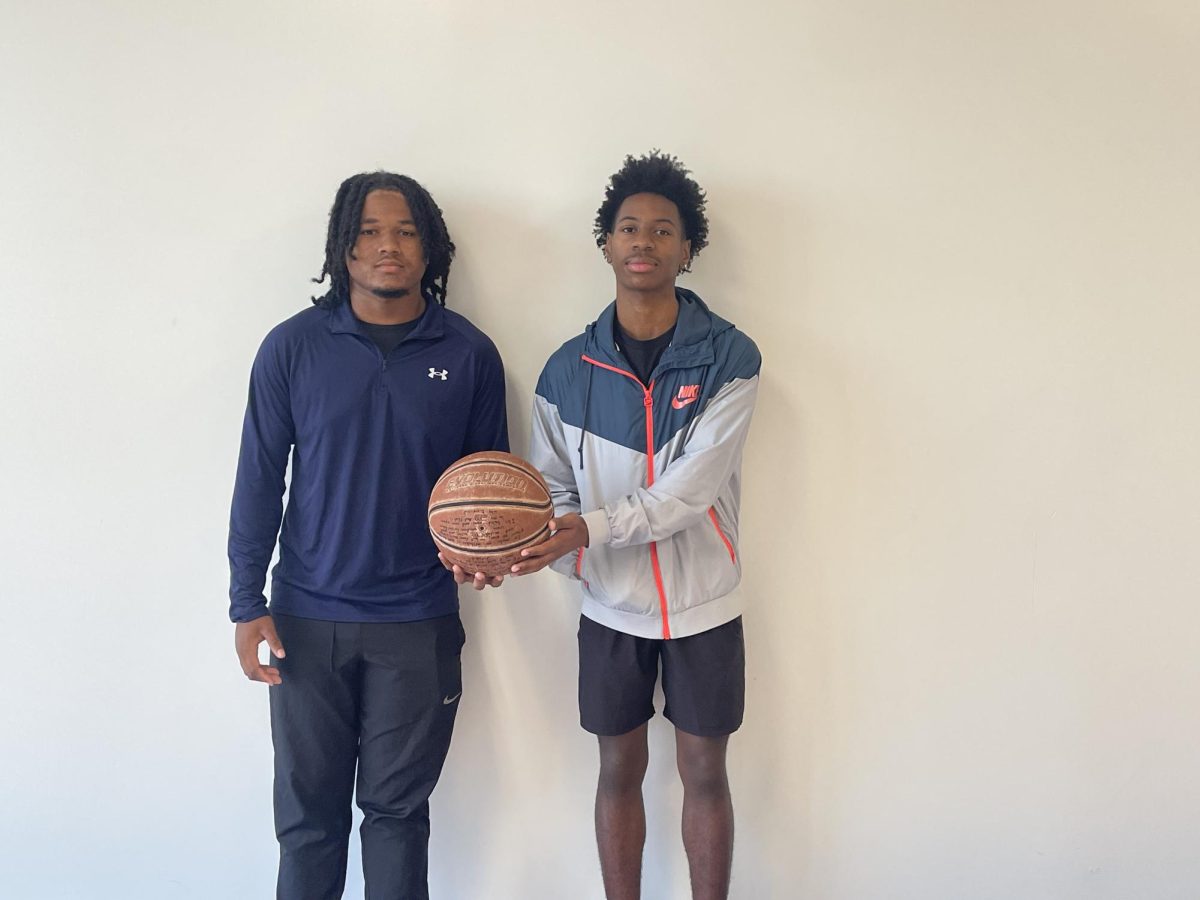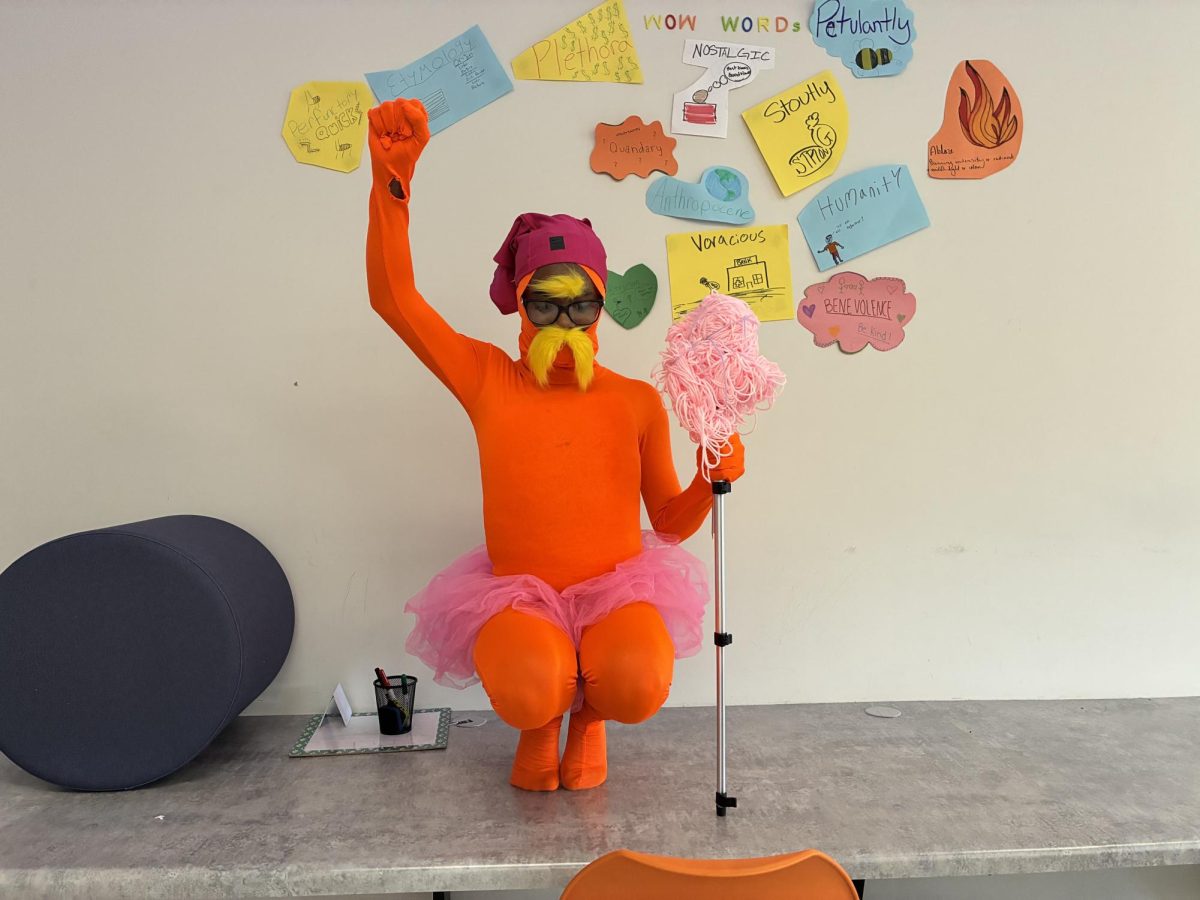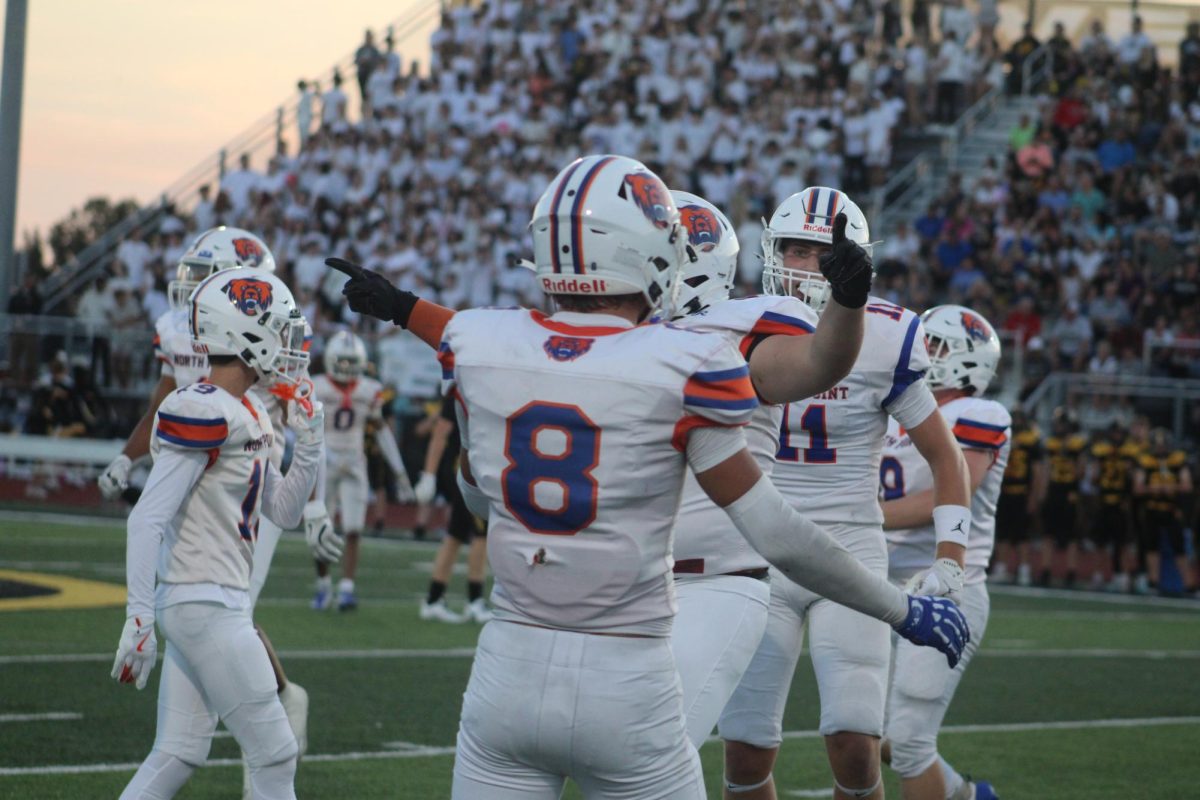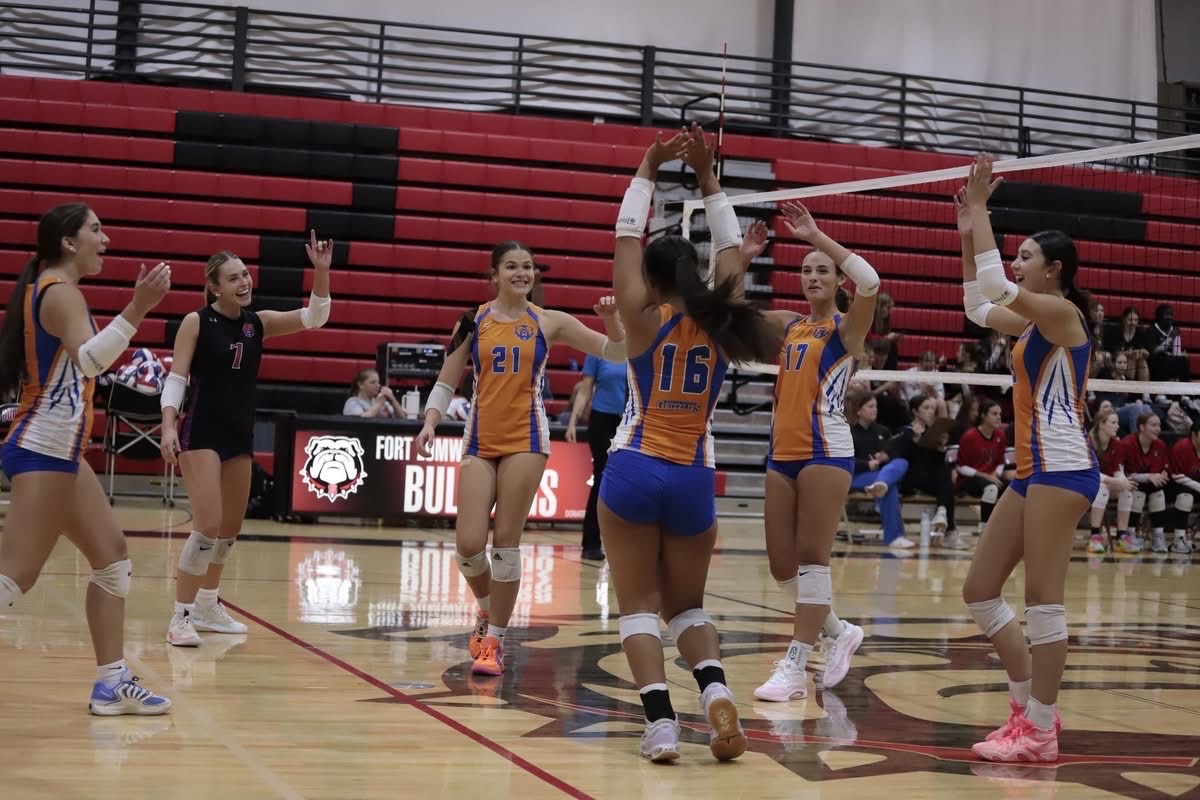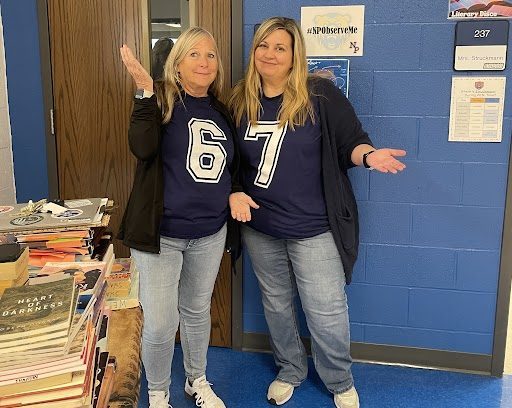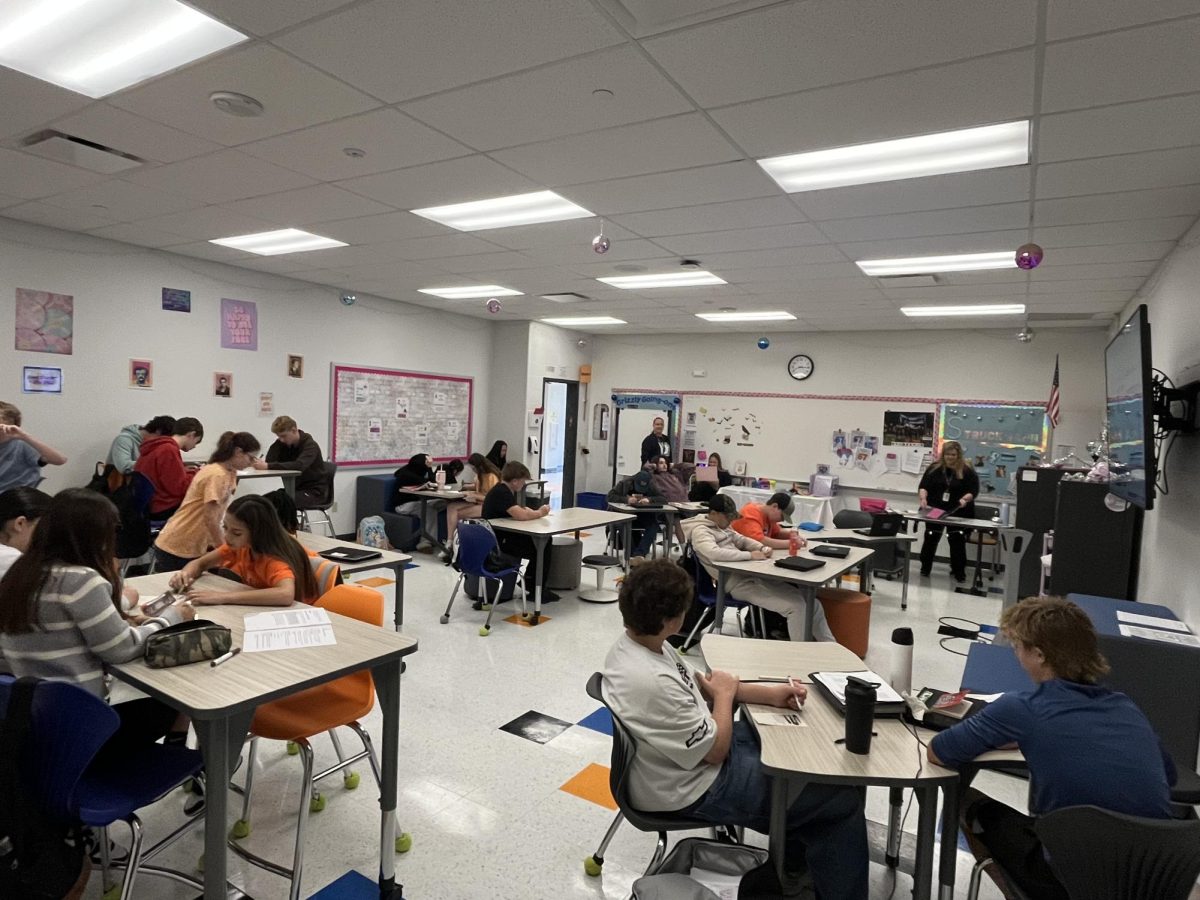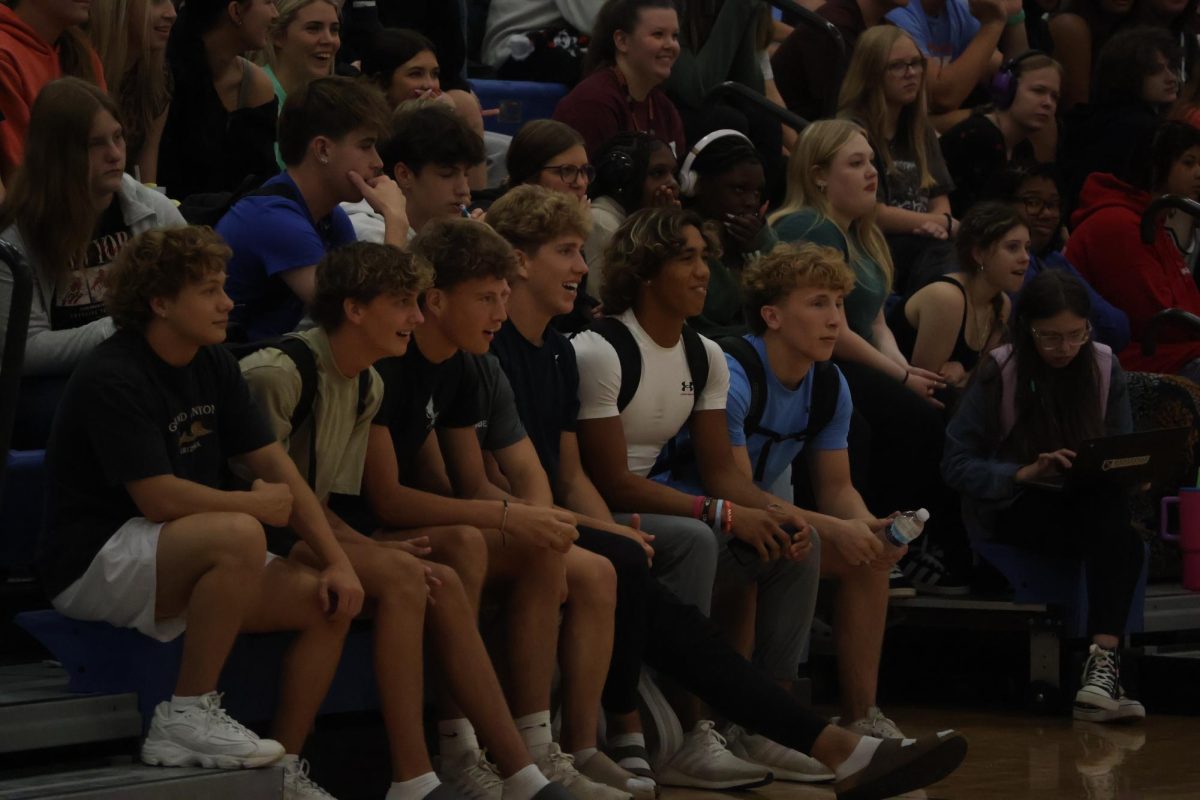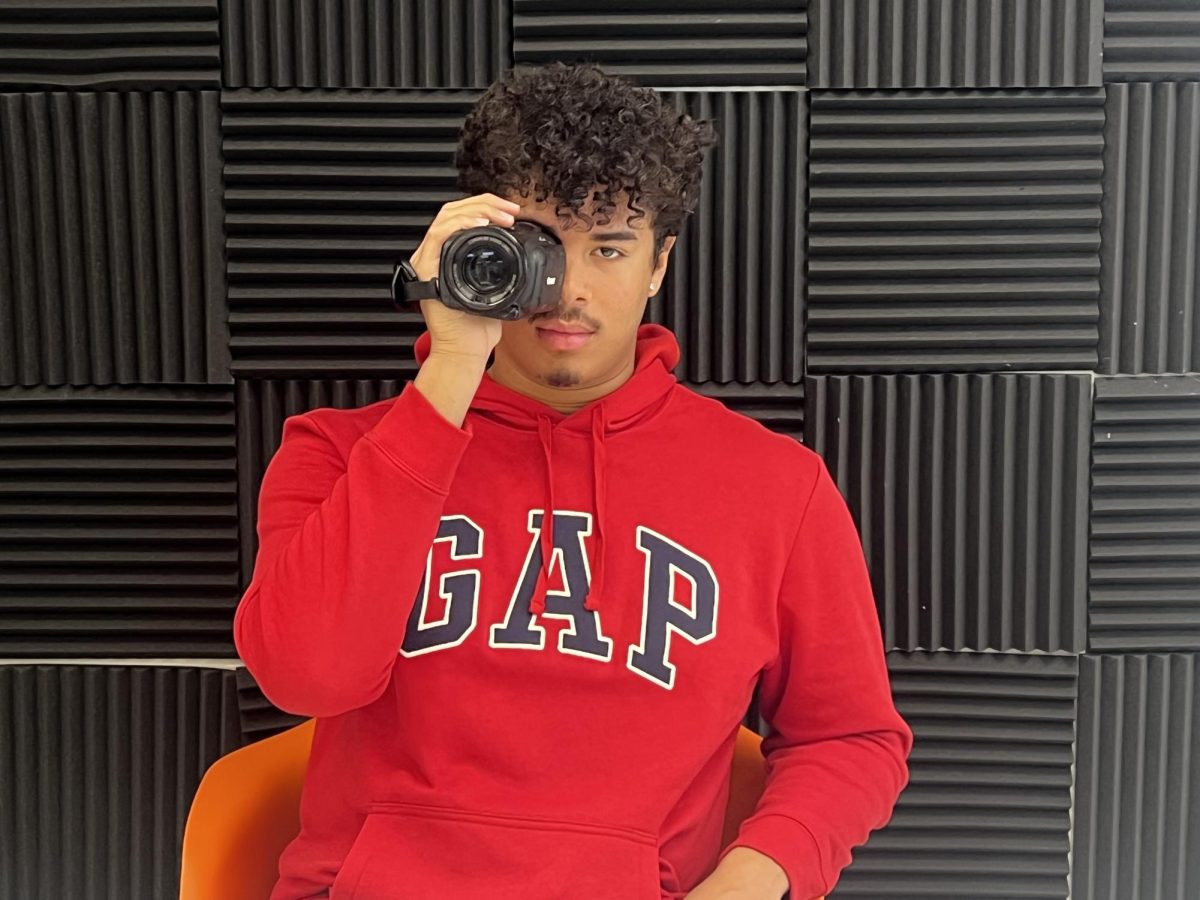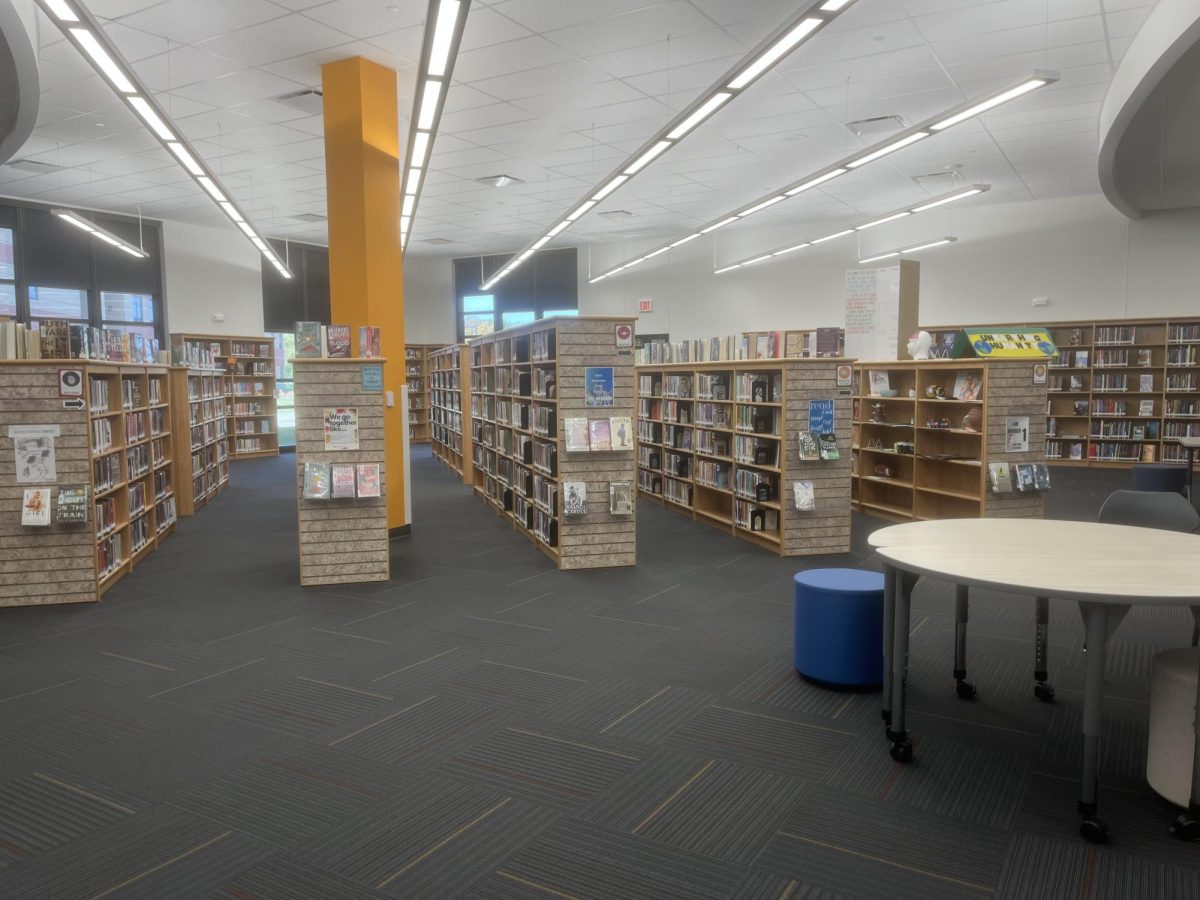Today on Thursday, October 19th, everything about English could change forever.
The Board of Education will be debating on if we should ban all books outside of our curriculum.
“Schools aren’t here to help students become better people, we are here to teach them.” as the board addressed in their email, “WE ARE THE GOVERNMENT.”
The meeting is scheduled to be from 6:30pm-12am
Piene Elementary School
1107 Peine Rd, Wentzville, MO 63385
“The Board believes that it is the responsibility of the District’s libraries, /media centers, and classroom libraries to provide materials that relate to and support the District’s curriculum and that comply with Missouri law.”
A lot of people say it started with COVID.
“This has been going on for a few years now and it actually has its ties into the pandemic.” Mr. Warner said, “This brought in great scrutiny, especially with virtual schooling to what’s going on in schools and sometimes parents are surprised with topics that are covered in the schools’ curriculum.”
Then it resurfaced last year when they started banning books.
“I feel like it started from last year when the school board banned The Bluest Eye by Toni Morrison,” Ms. Swanson said.
English talks about real, harsh things that some people think are deemed as “inappropriate”.
“We are afraid of certain topics in literature, but if we can’t address them in literature, how are they being addressed?” Holzen-Mason said.
English teachers are clearly devastated by this meeting.
“I hate it,” Swanson said. “There’s the 1st Amendment so we have freedom of speech, to explore and to read. Part of it is figuring out who you are as a person by reading. If we don’t have that then we will all just be like robots or like the people in the novel by Lois Lowry ‘The Giver’.”
Students should be able to express themselves in their reading as well.
“Parents have every right to determine what their child should be able to read or not, but at the high school level students should have a voice of what they read,” Warner said.
The parents’ side is understandable, but why are all books outside the curriculum possibly being banned?
“I fully respect a parent’s right to censor what their children read,” Holzen-Mason said. “For me it becomes a bigger problem when we have individuals trying to make those choices for the district as a whole. It also makes me sad because I went to school for this and I feel like this is potentially going to put a lot more limitations in place where we currently have more flexibility to meet students where they are at.”
A lot of people don’t understand why they are trying to put this in place now.
“I have a lot of questions, as an English teacher, what books will be accepted because anything could further the curriculum,” Anderson said.
A lot of the English teachers have paid for their books out of their own pocket, and if this gets passed they will have to take all these books out of the classroom that were bought for the children.
“I can’t even begin to imagine what it would be like,” Swanson said. “I don’t want to prepare for this. It’s unfathomable.”
People discover who they are by reading.
“I teach Journalism and we have to talk about controversial topics, so what will we do?” Swanson said.
We have to respect teachers’ opinions too.
“We need to make sure that we are not only supporting the needs of all parents and students but that we are creating space for all teachers to feel supported to do their job,” Warner said.
We need to speak up for what we believe in.
“I think it is really important to go to board meetings and to speak up,” Holzen-Mason said.
We have restrictions put into place for these exact reasons, why put in more?
“If parents did not want their students to be able to check out books with certain content, there are notes about that in the library system,” Holzen-Mason said.
We should try to find other solutions other than just banning all the books.
“A good solution is for parents to become more involved with what their children are reading,” Swanson said. “Students should have the right to pull something off the shelf and decide whether it is or isn’t for them.”
It seems like we are slowly going back to the book-burning days.
“I think everyone should read Fahrenheit 451, and then discuss this,” Anderson said.
Fahrenheit is about a future society where books are banned and people burn any that are discovered.
“I wish there was more of an open dialogue between parents and teachers,” Holzen-Mason said.
What’s best for the students is for them to be able to choose what they want.
“I really hope for the benefit of the students that the board doesn’t go forward with this amendment because I think having the autonomy to choose what they want to read, is how we get more readers,” Holzen-Mason said.
This world is becoming more of a dystopia with dictatorship and restriction
“Perhaps this could have a reverse effect on students and make them want to read more because they are trying to figure out why they are banning it,” Swanson said.
These are only viewpoints of our English teachers too, so how do we think the students feel about not having a choice?
What will we read and learn about if this gets passed?
There is a closed meeting that starts at 4:00.
You can live stream it at https://www.youtube.com/@wsdboardofeducation5303/streams
Students can also sign up to speak.
Link to sign up: https://docs.google.com/forms/d/e/1FAIpQLSeTkM25A4ocx14Xh_SgcNkKVUw4S7By40zmRpuVW8NUGZU1gA/closedform
Public Comment Period is a 30-minute session, in which a maximum of 10 speakers will be allowed up to three minutes for their presentation.
Let’s work to stop this act.










